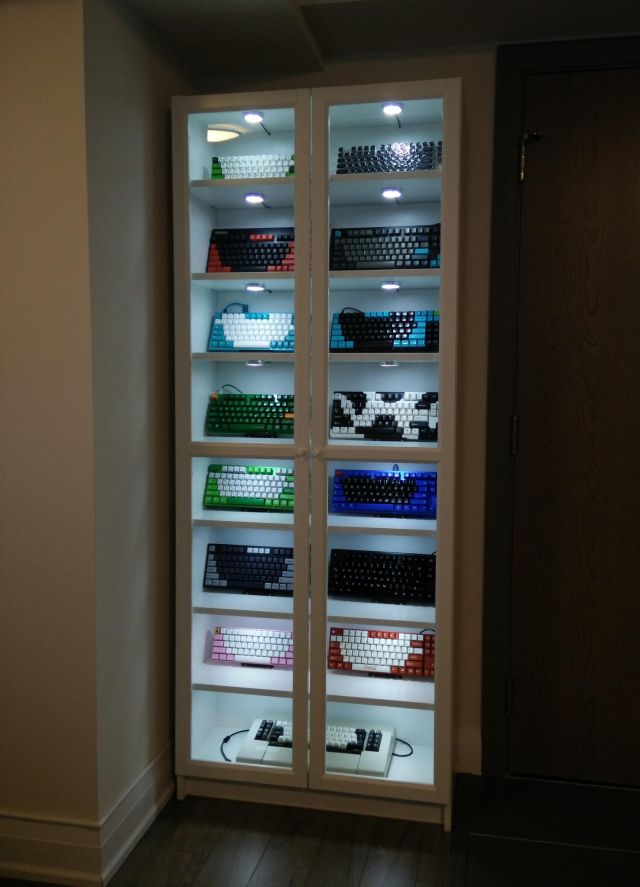It’s common knowledge that not all keyboards are the same. There’s the regular membrane keyboard that most people use, and then we have the mechanical keyboard. This is mainly the go-to for professional gamers, typists, or technical users.
In addition to these two, we also have the Capacitive keyboard. Its operation and input method are quite different from what you already know.
To give you a clear picture of the capacitive keyboard, check out our guide to Capacitive keyboards and the main differences between them and mechanical keyboards.
What is a Capacitive Keyboard?
A capacitive keyboard is a keyboard design that uses changes in stored static electricity or capacitance on the capacitor pad to identify when a key is pressed. This is different from contact keyboards that use changes in electricity flows to initiate the register of keys when a user presses a key.
Here is how it works:
When you press a key on the keypad, it touches the capacitor pad. This then changes the capacitance at that point on the pad. The keyboard identifies the exact key that was pressed, then inputs that same key on the monitor or registers it.
How is a Capacitive Keyboard Different from a Mechanical Keyboard?
The mechanical keyboard is made up of a complete switch beneath each key. These keys can be bumpy, linear, or tactile, and pressing on the keys produces feedback that lets you know your keystroke has been registered.
A capacitive keyboard is made up of a capacitor membrane which, when pressed, triggers an electrical response.
A mechanical keyboard relies on its physical structure to register a keystroke on the computer. However, a capacitive keyboard uses the electric impulse on the capacitor membrane to receive and register the keystroke. Pressing a key doesn’t trigger a physical switch; instead, it nudges the electric capacitor.
The Advantages of the Capacitive Keyboard
- This method of triggering the keys on the keyboard makes operating the keyboard smoother and less noisy. This makes it better for use in quiet offices or spaces.
- It is faster than mechanical keyboards in registering key presses, making it a great choice for typists or professional gamers.
- It requires only a small push to register the stroke, relieving you of typing stress.
The Disadvantages of the Capacitive Keyboard
- If you do not need precision typing, this impulse receptor might be bad for you. You may make too many mistakes because of the speed of the capacitor in registering key presses.
- You may feel less in control than with a mechanical keyboard.
Final Thoughts
Choosing between the different types of keyboards is entirely up to your preference. While both mechanical and capacitive keyboards offer more ease and functionality than the membrane keyboard, the capacitive keyboard proves to be a better choice for users who prefer a stress-free keyboard experience.
Although it may take a while to get used to the swift response of the keys, once you get the hang of it, using it becomes a breeze.







